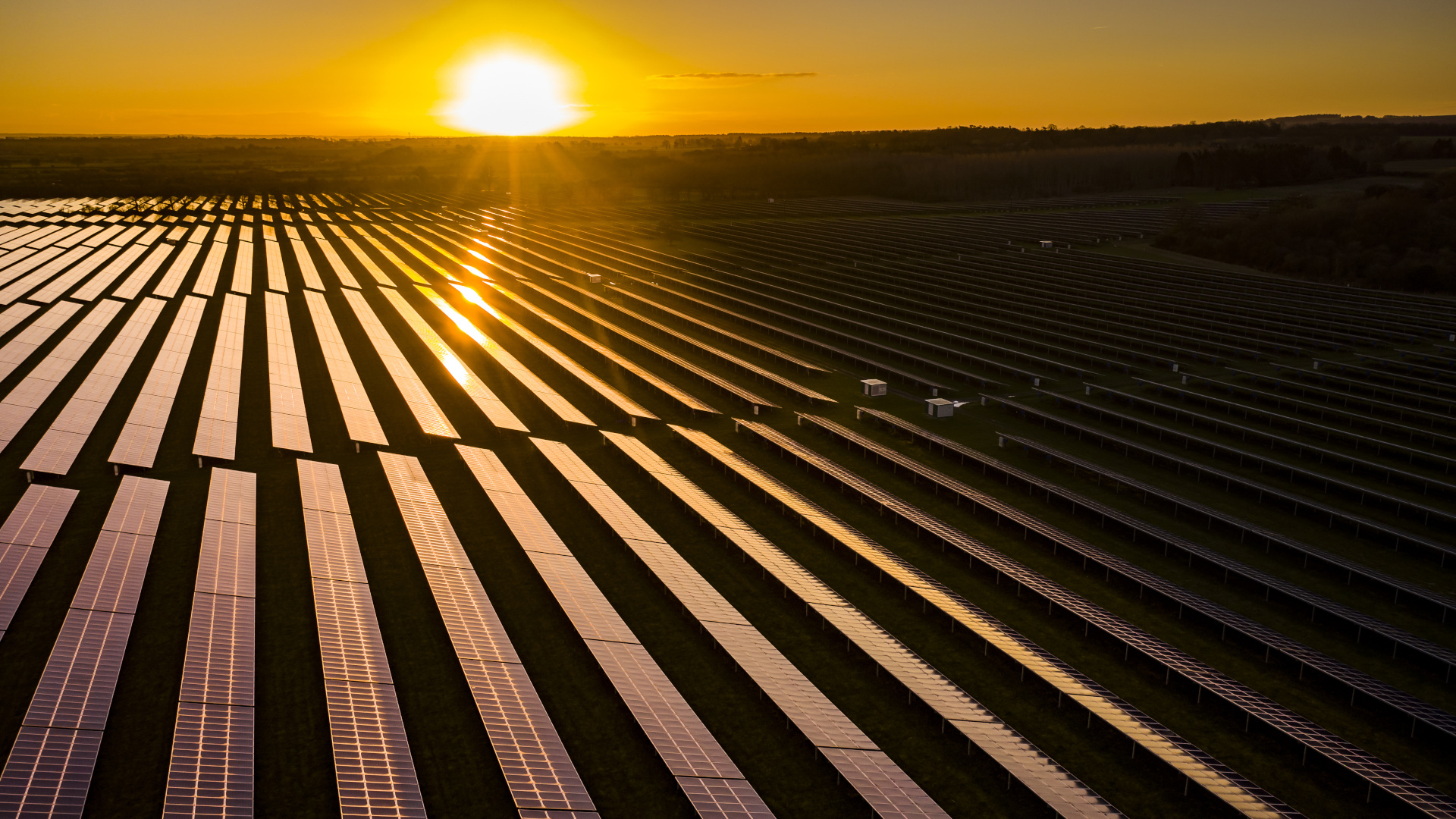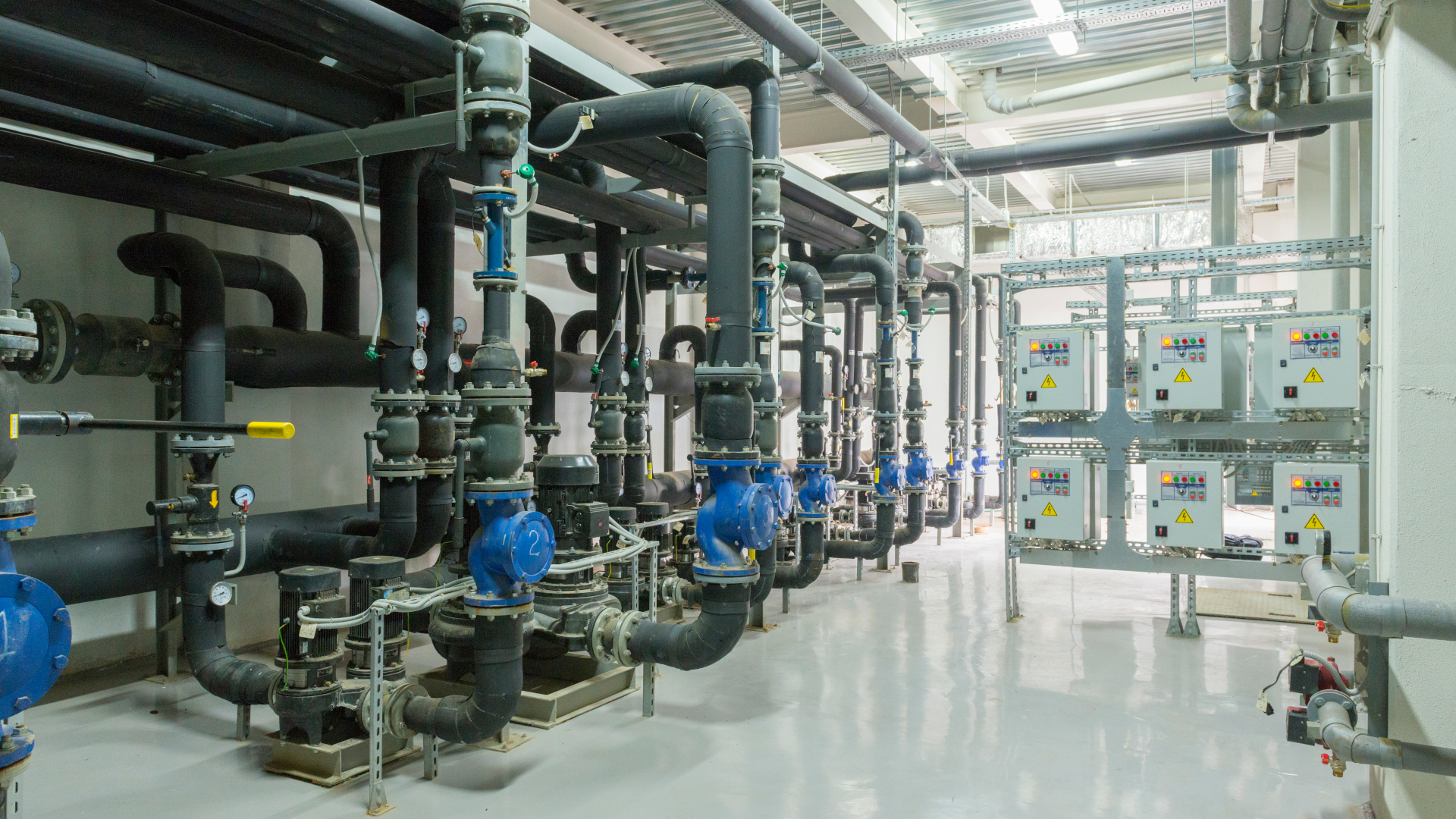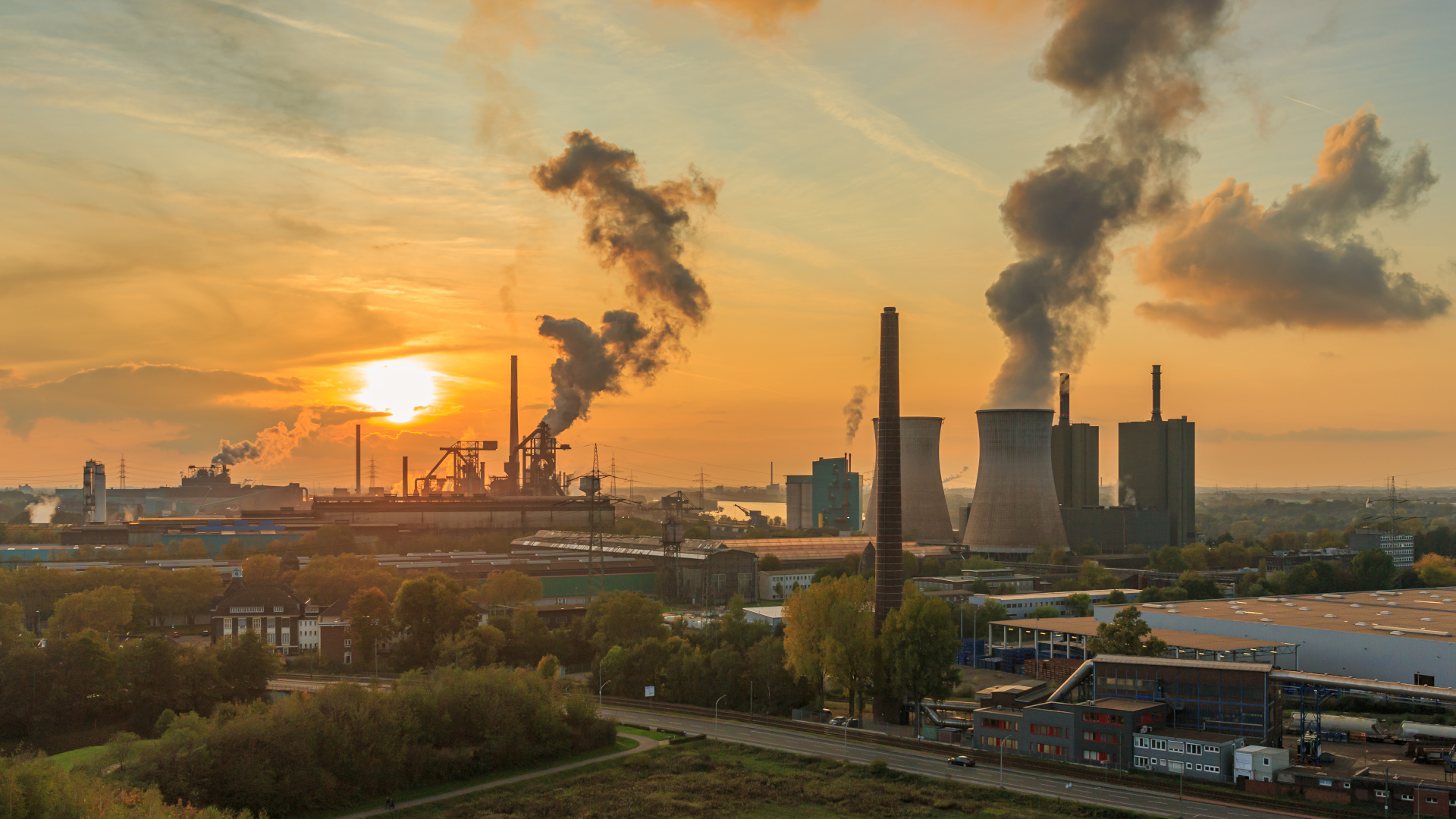Residents in Cowpen, Blyth, Northumberland have received energy efficiency improvements and renewable energy technologies to their refurbished homes as part of a collaborative £1.9m European Regional Development Funded (ERDF) Project.
A total of 53 Wimpey ‘no fines’- non-traditional construction – socially rented, post-war properties, managed by Homes for Northumberland are planned for improvements in Blyth. To date, 30 homes have been fitted with specialist insulated rendering systems to their external walls, voltage optimisers – ensuring that the voltage supplied to all the electrical appliances is optimised, gas saver units and low energy light bulbs as part of measures designed to help residents save money on their energy bills at a time of rising prices. A selection of the properties will also generate their own electricity using solar panels which will be fitted on the roofs.
Cowpen in Blyth is one of three areas benefiting from the ERDF project being managed by the National Renewable Energy Centre (Narec). Three high-rise blocks of flats in Jarrow, Tyne and Wear and 136 ‘Tarran Newland’ South Tyneside Homes in Marsden, South Shields have also been selected for energy efficiency improvements and are being fitted with PV panels, loft and external wall insulation, and energy efficiency boilers.
William Maddison, Homes for Northumberland resident said;
I am already noticing a reduction in my energy bills and the house is definitely warmer. I am really impressed with the energy efficiency improvements made and the impact these have had on my home and quality of life so far.
The project aims to lift local residents out of fuel poverty, while reducing carbon emissions and improving the quality of life of residents.
Ian Johnson, interim director of property services at Homes for Northumberland said;
With gas and electricity bills going up all the time, which can put a massive strain on a typical household income, we are always looking at ways of reducing residents’ energy costs as much as possible. We are therefore delighted to be working on this fantastic project.
We are working closely with Narec to monitor the improvements to these homes and how they have helped tenants, from any reductions in energy bills to differences in the comfort level of the homes. This information is invaluable for helping us to improve projects like this in the future so they can be the best they possibly can be.
The effectiveness of modifications and their impacts on the behaviour of residents, such as the energy required to heat a home to an adequate level and the number of residents lifted out of fuel poverty are being monitored and the data analysed by the National Renewable Energy Centre (Narec). This greater understanding will help to inform future improvements in relation to the performance and utilisation of low carbon, innovative energy products as well as how best to apply low carbon products in socially rented prefabricated properties.
Helen Hampson, Microrenewables ERDF Project Manager, Narec explains;
The data is being collected over a two year timeframe to provide valuable information regarding thermal efficiency improvements in socially rented houses as well as vital research on the impact of new technologies on retrofit properties and this learning will be applicable to social landlords, local authorities and private homeowners. This project also relates to the soon to be launched Coalition Government’s flagship Green Deal project which encourages improvements to be made to properties which will save energy and reduce costs. Both initiatives will make a significant improvement to the energy efficiency of North East homes and help tenants to make substantial energy savings.
As part of the project local businesses are also being given the opportunity to visit the properties so they can see first-hand the houses at various stages of development and improvements being made. It is hoped that this will help to generate a greater understanding of new technologies and their application and encourage more businesses to expand or diversify into the microgeneration and low carbon technology market.
The project will benefit from £1.9m of investment from the European Regional Development Fund (ERDF), managed by the Department for Communities and Local Government. The ERDF Competitiveness Programme 2007-2013 is bringing over £300m into the North East to support innovation, enterprise and business support across the region.
Notes to editor
The Project
The National Renewable Energy Centre (Narec) is working in collaboration with South Tyneside Homes and Homes for Northumberland to make energy efficiency housing improvements in over 300 socially rented hard-to-treat properties.
The total value of the investment which includes ERDF and match funding provided by South Tyneside Homes and Homes for Northumberland is £3.83m. The ERDF funding received was to install low carbon and renewable energy technologies and systems into selected properties helping to improve the housing stock in the region and regenerate off-gas or non-traditional construction properties. The impacts of the interventions are also being monitored and analysed as part of the project.
As Project Manager, Narec is responsible for delivering the following:
- Management of cash flows and outputs, project claims and payments;
- Facilitation of joint procurement activity;
- Product testing and monitoring;
- Dissemination of project outcomes;
- SME engagement;
- Delivery of capacity building and skills activity with SMEs.
Project completion date is November 2013 with project outcomes expected to include:
- Retrofit of low carbon products in over 300 properties;
- Reduction of fuel poverty for residents in over 300 properties;
- SME assistance to improve skills development and performance;
- Jobs created and safeguarded.
The analysis of the data collection and reports on the impacts of the interventions will be published in the pre-works report on the 31st August 2012.
The Green Deal
The Green Deal will provide support to homeowners who cannot achieve significant energy savings without an additional or different measure of support. Under the Green Deal there is no need to pay upfront for energy efficiency measures and instead the cost of the measures should be covered by savings on the electricity bill. For further information visit:
http://www.decc.gov.uk/en/content/cms/tackling/green_deal/green_deal.aspx
Homes for Northumberland
Homes for Northumberland is an Arm’s Length Management Organisation (ALMO) set up in April 2009 to manage and improve over 8,500 council homes in Alnwick and Blyth Valley on behalf of Northumberland County Council.
To find out more, visit www.hfn.uk.com
Homes for Northumberland are part of the ERDF Social Housing Energy Management project consortium with South Tyneside Homes and Narec.
South Tyneside Homes
South Tyneside Homes (STH) is an arms-length management organisation (ALMO) which manages the housing service on behalf of South Tyneside Council.
STH manages 18,949 homes through a Board that is made up of four tenants, four council nominees and four independents. The day-to-day running of the company is delegated to a senior management team, headed by a Chief Executive. It manages the Council’s Housing Revenue Account budget of £45.5m and £14.7m capital programme budget. It receives an annual management fee of £9.2m to manage homes on behalf of the Council.
STH are part of the ERDF Social Housing Energy Management project consortium with Homes for Northumberland and Narec.
ERDF Funding
Narec has formed a consortium with South Tyneside Homes and Homes for Northumberland to deliver this project.
The project will benefit from £1.9m of investment from the European Regional Development Fund (ERDF), managed by the Department for Communities and Local Government. The ERDF Competitiveness Programme 2007-2013 is bringing over £300m into the North East to support innovation, enterprise and business support across the region.





